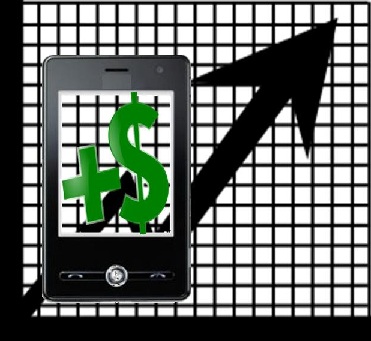Starbucks finds success on the mobile payments front
Mobile payments are becoming more common in the U.S., especially as businesses show interest in new forms of commerce and begin catering to consumers with smartphones and tablets. One company has managed to establish a powerful lead on the mobile payments front and may serve as a powerful example of what can be accomplished by engaging mobile consumers. That company is Starbucks, which has been involved in mobile commerce since teaming with mobile commerce firm Square only a few short years ago.
10% of company’s transactions come from mobile devices
Starbucks and Square have developed a mobile payments system that leverages QR codes and, in some cases, NFC technology to allow consumers to pay for products with nothing more than their smartphone or tablet. During the early stages of the company’s endeavor, Starbucks did not expect to see a great deal of support for its mobile commerce initiative. Consumers, however, proved that they were more than willing to embrace the service being offered by the company. Now, mobile payments represent 10% of the company’s total transactions in the U.S.
 Consumers flock to Starbucks’ mobile commerce service
Consumers flock to Starbucks’ mobile commerce service
Part of the reason consumers seem to enjoy mobile payments is due to the convenience that it represents. Consumers can pay for nearly anything by simply waving their mobile device at a payment terminal. Starbucks also offers a reward program for those that make mobile payments, further piquing the interest of consumers. The company notes that many of its consumers happen to be tech-savvy individuals that are interested in engaging in new technologies they are not necessarily familiar with. This may be yet another reason why Starbucks has managed to find success in the mobile commerce arena.
Many consumers concerned over security of financial information
While mobile payments have been growing popular in the U.S., many consumers have shown resistance to the idea of mobile commerce. Several platforms designed to cater to this sector, such as Google Wallet, have failed to win any significant support from consumers. Many people cite security concerns for their lack of interest in mobile payments, while others consider mobile commerce to be nothing more than a passing fad.

 Mobile payments face many challenges
Mobile payments face many challenges